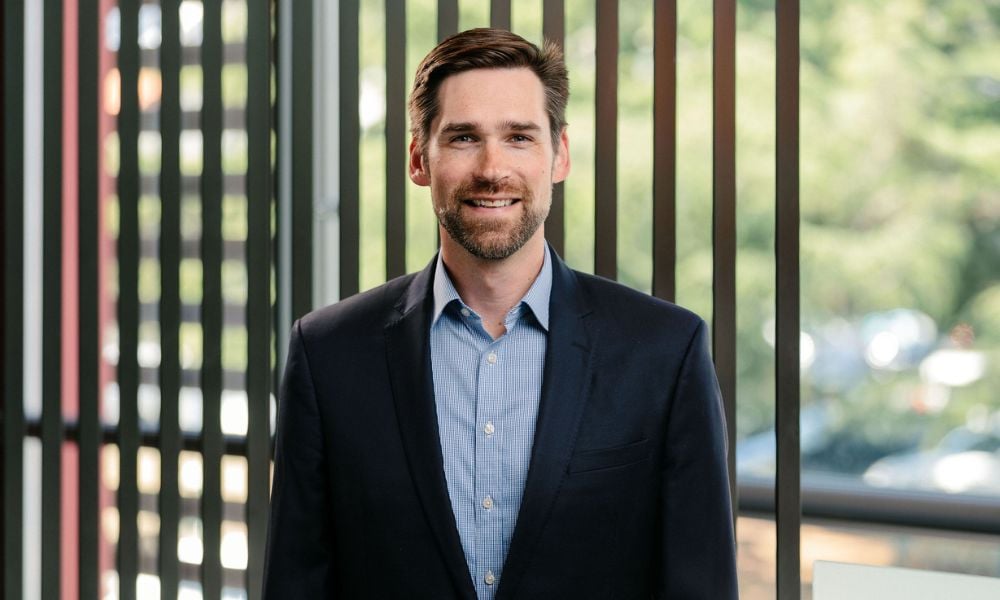
Nick Laing calls the experience of learning about tikanga and te ao Māori "eye-opening"

In the wake of a recent call to include te ao Māori in legal education curriculums, Nick Laing is getting a head start. The Duncan Cotterill partner is presently spending his nights in the study of te reo Māori – an experience he describes as “eye-opening”.
In the second part of this interview, Laing talks about the key principles of tikanga he is aiming to apply to his daily life, whether or not he’s ready to embrace AI, and what his alternate-universe career would have been.
What should the profession focus more on?
Fluency in tikanga Māori. I have been taking night classes to learn te reo Māori, which has also taught me about tikanga and te ao Māori. Learning another language as an adult is difficult, challenging and sometimes frustrating, but eye-opening.
For me personally, some key principles of tikanga that I try to apply each and every day that resonate with me include whanaungatanga (the centrality of relationships), and manaakitanga and kaitiakitanga (nurturing/looking after others).
I have also been learning about tikanga in my professional practice in the range of cases that are coming before the courts. In our recent “Stepping Up” course, an address from the Chief Justice and Justice Williams indicated the courts expect the profession to be bringing cases to the judiciary for resolution which engage these principles, and we as a profession should be forthright in doing so for our clients.
What are the challenges you expect in your practice, and in the business of law in general, going forward? What challenges are particularly pressing in the country’s legal industry?
Many are worried about the impact of AI on the industry. I don’t share the same pessimism. Every technological advance that I can think of in my life has brought immense benefits along with caution about its pitfalls. I am not ready to embrace AI; at present I focus on articulating to our clients - in simple and effective terms – the value that a skilled and effective advocate can bring to litigation compared with a machine.
My own view is that we are a long way off chatbots and algorithms determining cases in a way that leaves clients satisfied they were fairly heard and listened to in the same way that court, arbitral and tribunal processes achieve.
What are you looking forward to the most in the coming year?
I have a lot to learn from those around me about being a partner and a business owner, especially the people, systems and processes that underpin our successful national firm. I am looking forward to motivating those around me to look for new opportunities in uncertain times, developing advocacy skills in our team, and most importantly helping our clients solve the disputes they face.
If you weren’t in law, what do you think you’d be doing as a career?
As I write this, gazing at the hills and autumn colours out my window, it is hard to imagine a different career than what I am doing now. I am a private pilot so very likely it would be a career in aviation: connecting people to new places and experiences, and helping them create new memories.